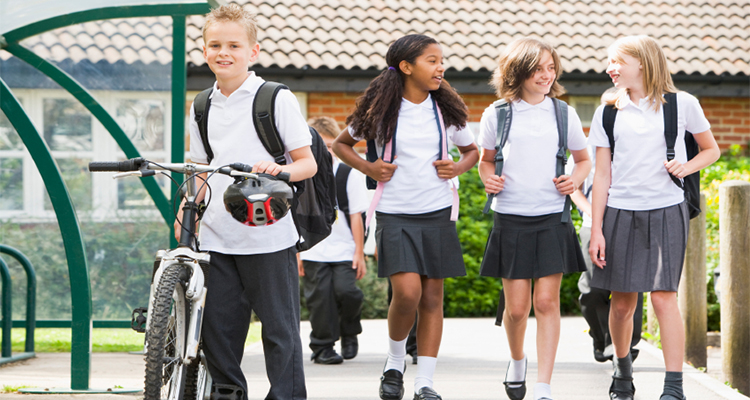How to Help Your Child Build Friendships & Deal with Fall Outs
How to Help Your Child Build Friendships & Deal with Fall Outs – Author: Lianna Champ
Life and relationships are not always easy and we tend to learn our skills as children, taking our learnings from the adults around us, watching the interactions of our parents and others in our lives. What we learn as children then sets our patterns for adulthood.
Stand by a playground and watch young children play. One minute they are falling out and the next they’re best friends again. Holding no grudges, dusting themselves off and moving on to the next thing. Just having a normal and natural exchange.
Personalities and pecking orders
As children start to get that little bit older, personalities are developing, pecking orders are being chosen. Children will naturally at some stage begin to think about what others think of them and may change their natural behaviours in an attempt to try and fit in. Perhaps trying to be the ‘cool’ one or to be friends with the ‘cool’ one. All this overthinking can then take away the spontaneity of being in the present moment. ie back in the playground.
We cannot completely protect our children from life’s traumas and it is through struggles that they learn about themselves, about relationships and how to interact with others. . Through struggles, children also learn how to set boundaries – what they will or will not accept in a relationship. We cannot make these decisions for our children but we can guide them gently and encourage them to use their instinct, their intuition and their intellect.
The most important thing we can do is listen
As parents, the most important thing we can do is to listen. When our children fall out with their best friend it can feel like the worse thing in the world. Saying anything negative about their friend will only cause your child to withdraw and this can create further emotional confusion. Gently encouraging your child to talk about their feelings around the relationship can help to identify areas of conflict, disagreement or unfairness which may have led to the breakup.
Help your children to understand the importance of sharing, of taking someone else’s feelings into account and listening to each other. Allowing each other the privilege to share their feelings without comparison or judgement.
Ask what they think went wrong. Do they think they could have reacted differently or they may feel that they themselves did nothing wrong. When friends fall out, it doesn’t mean that there is anything wrong with your child, this is just something that happens—and it happens all the time. Girls especially can change friends quickly, moving form one to the other in succession. Lucky is the child that doesn’t get hurt in the process.
Talk about relationships
Talking about the relationship will help them learn from the experience. Whether is was their own behaviour or the behaviour of their friend. It is always good to explore where they think it went wrong. There is also an important lesson here too – that having one best friend is usually something we do usually when we are young.
As we grow up, it is heathy that our friendship groups grow and diversify. Our needs change and different people provide different things. Learning how to be a friend is like learning anything else. Sharing your own stories of your own friendship experiences can be helpful too, showing your children that rarely is there the perfect relationship. If it was all good all the time would we really value that?
We can teach our children to decide whether a friendship is worth working at or whether its best to just walk away. Also, don’t be afraid to talk about the difference between healthy and toxic relationships. Help them to understand that there is often more than one best friend and also that there are different kinds of friends – best, great, good and casual friends. As we navigate life we can’t expect to get everything we need within one friendship which is why we share our friends.
Role play and relationships
Children have a tendency to think about things over an over again. Gently feedback in clear language how they are feeling and what happened. Try a bit of role play around the relationship which can make your child see the relationship through a third eye.
If you think your child’s behaviour was the catalyst for the breakup, role play can help them learn how to be a better friend in the future.
The ups and downs in young friendships are a rehearsal for the adult relationships they will experience in their lives. Too much parental interference and decision making for the child can rob your children of these valuable lessons.
Do not make your child the victim
Encouraging new activities and providing new arenas for new friendships can give your child confidence in their ability to make and be a friend. Do not make them feel like the victim as this can prevent them from taking responsibility in their relationships in later life.
Always take an interest in your child’s friendships and if you sense something out of the ordinary, you can be there as a buffer. Above all, please don’t take sides. This is all part of growing up and an extremely important learning curve for adulthood.
Studies show that children who have healthy relationships with the adults in their lives are more likely to make sound decisions about friendship, because they understand things like empathy and mutual respect, and they have better problem-solving skills.
How to Help Your Child Build Friendships & Deal with Fall Outs – Article written by Lianna Champ, she has over 40 years’ experience in bereavement and grief recovery. Her new book How to Grieve Like a Champ is out now.
